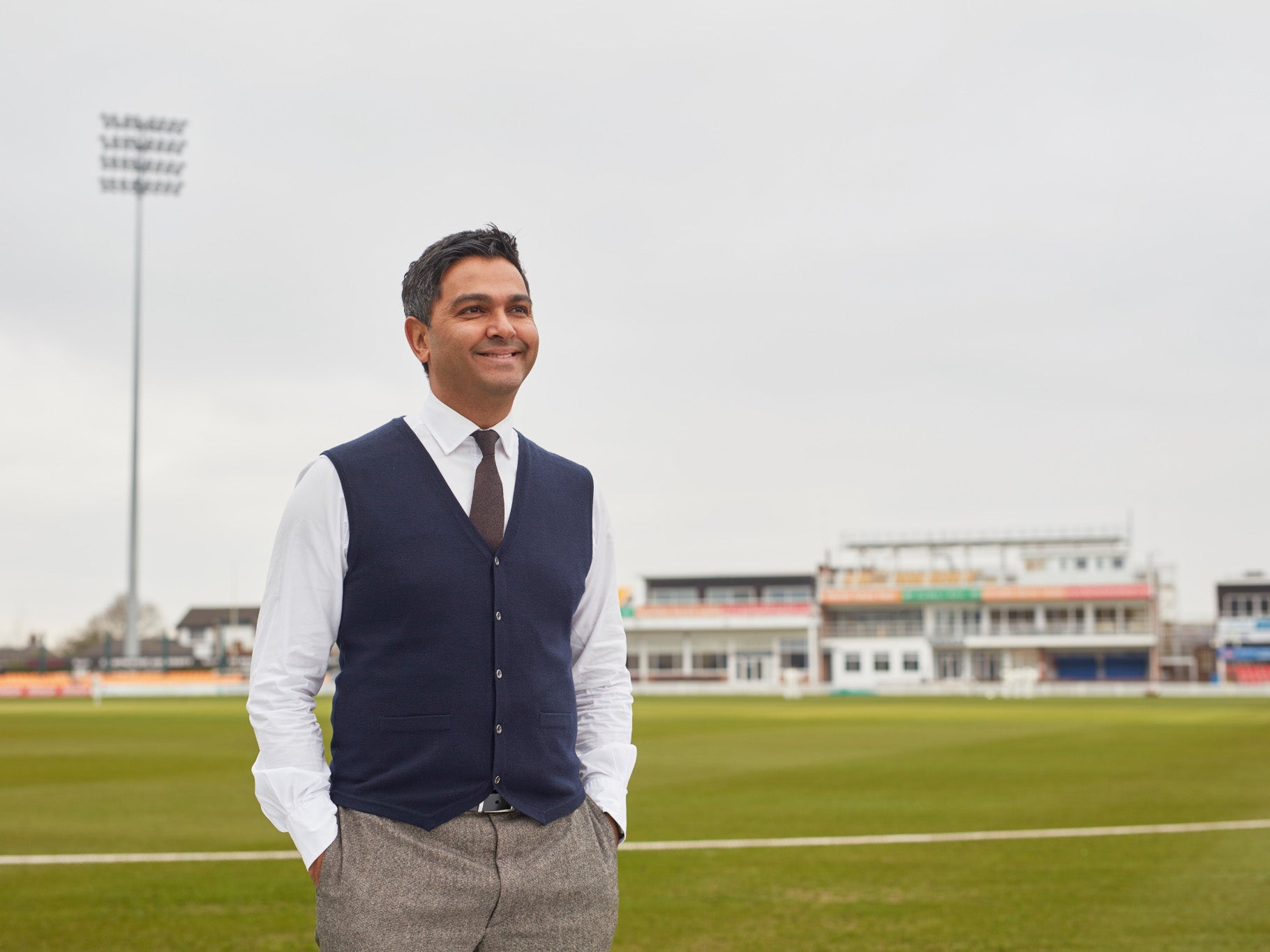I was the first British born Pakistani to play professional cricket in the UK – but why are there still so few of us?
This is not about quotas, or about setting targets, but is about harnessing the natural passion and talent within these communities

In 1992 I finally became the first British-born Pakistani to play professional cricket in the UK. A dream that began when I was selected for the Warwickshire U13 side was finally realised. I hoped my breakthrough would inspire others and I am always so proud that I played my part in paving the way and inspiring England cricketers such as Usman Afzaal, Aftab Habib, Kabir Ali and Moeen Ali to believe that it was possible.
Yet, almost three decades later, despite a third of the UK’s recreational playing base being from South Asian communities, still only 4 per cent of first class county cricketers are of South Asian heritage. Clearly there remains a blockage in the system that needs to be addressed.
My first memories playing cricket were with milk crates on the streets of inner-city Birmingham. Going from those streets to a cricket club was a significant culture shock. I had to learn to adopt and adapt. I had to adopt the new, mostly white, environment and adapt my own characteristics to fit in.
From those early days cricket changed my life. I have been fortunate enough to be involved at every level of the game, from those days playing park cricket to playing pro cricket for 11 years and now working in cricket administration. It wasn’t easy for me to progress through the pathway. At every stage there were challenges which each South Asian child coming through the pathway system must face. Even now, decades later, those challenges have not disappeared. The evidence would strongly suggest that the system has not supported the progression of South Asian cricketers in proportion to talent and numbers playing recreational cricket.
After a year-long consultation process the ECB have put together an action plan to begin to fix this issue in South Asian communities and make cricket a better game for all. I, more than most, am thrilled. I have always said something has to be done to engage South Asian communities in a new way in this country. Now, for the first time, there appears to be a clear action plan which will support the journey of the South Asian cricketer, from the recreational game to the professional game and beyond.
This isn't about tokenism, this is about meritocracy. To be clear, if they're not good enough, they're not good enough. But the important thing is that South Asian boys and girls are getting an equality of opportunity to progress through the talent pathway into professional cricket. This 11 point plan is filled with simple and direct actions which if supported in the right way, will immediately make an enormous difference.
New cricketing facilities, in some of the most deprived and diverse areas in the UK, will act as cricketing hubs for entire communities. A new coaching pathway for men and women will provide South Asian children with more role models and leaders up and down the country. It’s so important to have more female coaches to begin to address some of the cultural issues of getting young South Asian girls into cricket. This, put simply, has not been addressed as it should have been over the years.
It's also very important to realise that this is not about quotas, or about setting targets, but is about harnessing the natural passion and talent within these communities. There is a need to give them hope that they are entering a system that will give them their chance to shine if they are good enough.
Change will come from the top too. Cricket’s governing bodies have to be more reflective of the communities they serve. Whilst I am very proud to inspire others, it can’t be right that I am the only South Asian CEO within any professional sporting club in the UK. There is a huge amount of untapped business experience and passion for cricket which, if harnessed correctly, will do so much to improve the game for everyone. I'm hoping that this plan will also lead to more South Asians, who possess the right skill sets, to want to be involved at board and administration level within cricket.
At Leicestershire, where just under 50 per cent of the population in the city is South Asian, we are already making governance changes that better reflect our communities. We have added two highly skilled Board Advisors from South Asian backgrounds. Changes like this will only build trust with the very people that we are attempting to engage in our game. In addition, we know that there is strong evidence that environments that embrace diversity make better business decisions.
I believe that meaningful South Asian engagement can be a gateway into mainstream society for many. With the documented integration challenges that we face across many of our insular communities, there is no better way to unite and empower than through a game that stirs the very soul of those communities.
Join our commenting forum
Join thought-provoking conversations, follow other Independent readers and see their replies
Comments
Bookmark popover
Removed from bookmarks